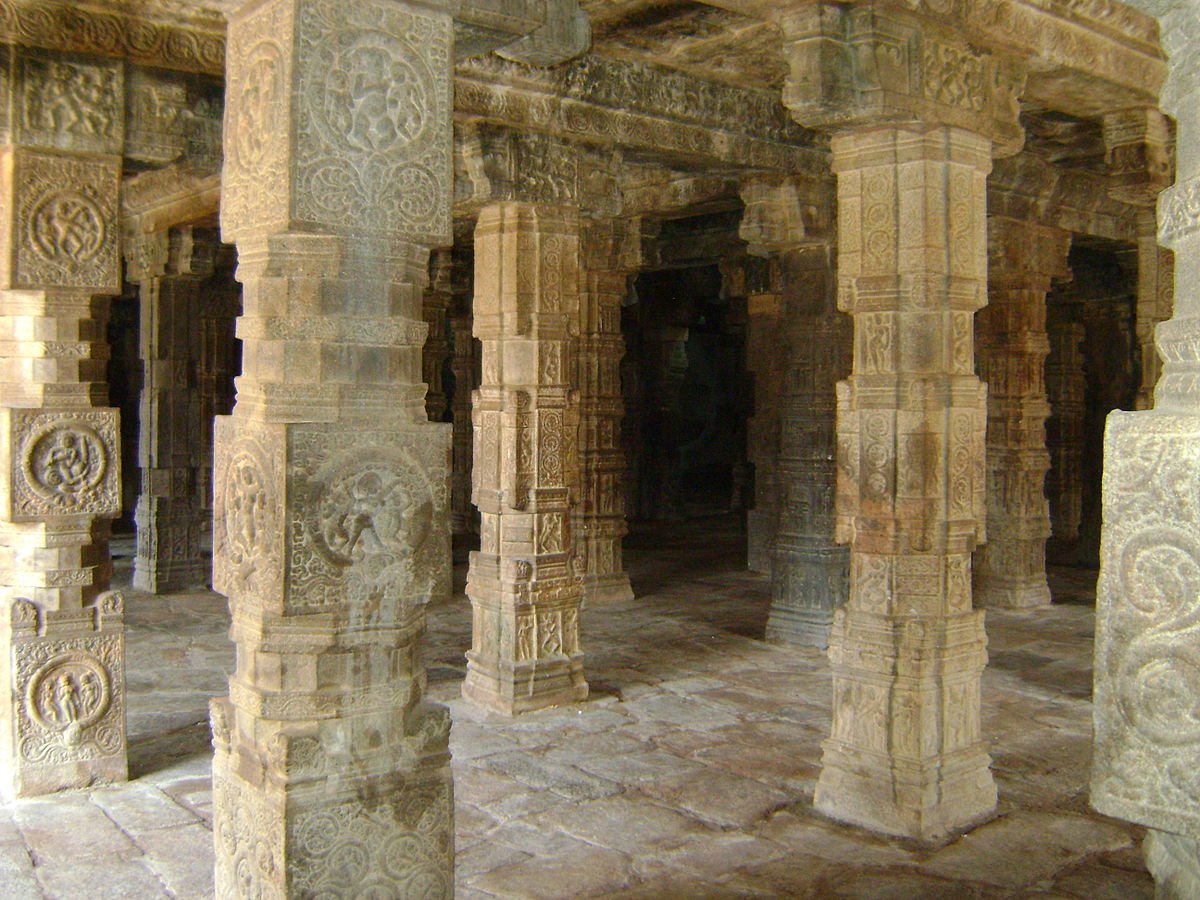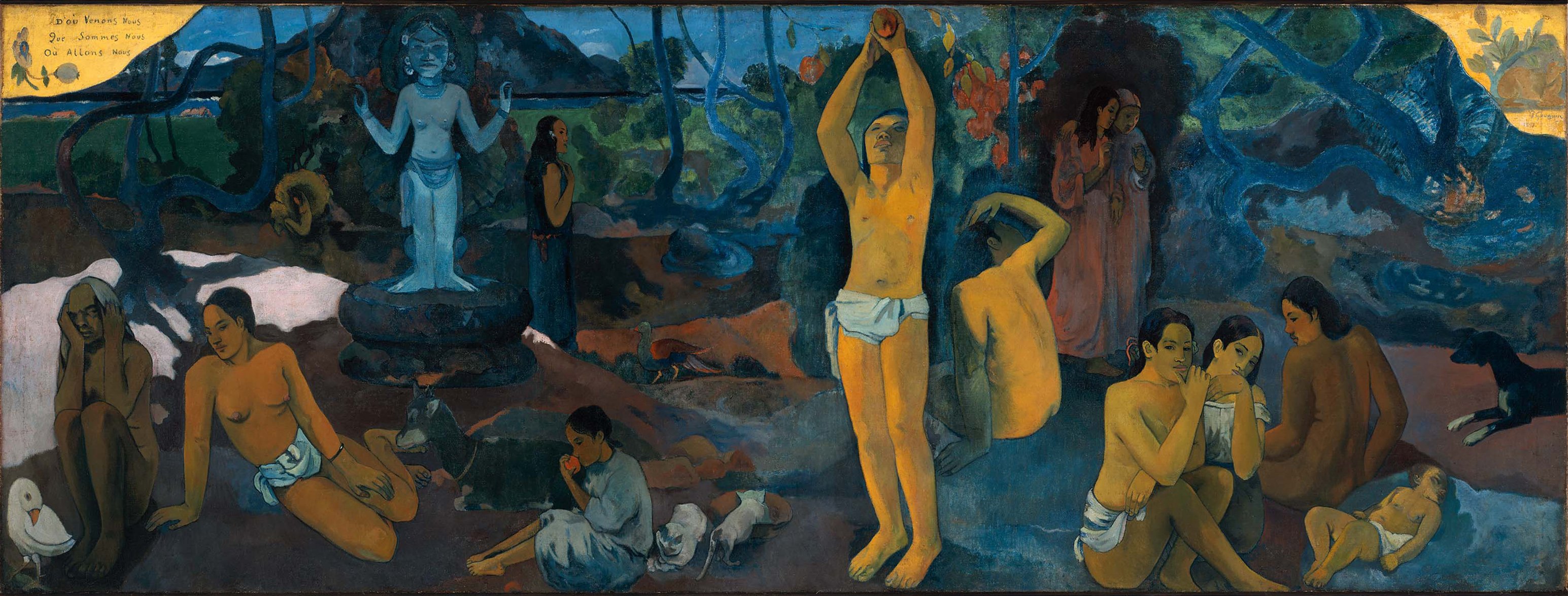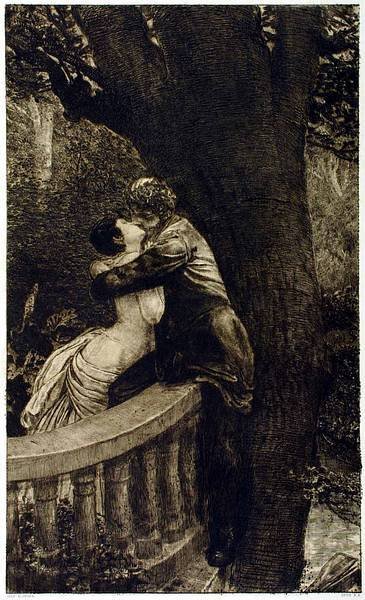
"Live the questions now. Perhaps you will then gradually, without noticing it, live along some distant day into the answer. " -Rilke
I consider myself an intellectual. This worldview from which I view myself and creation, has its foundations in the work of a number of genius minds. They are my Pillars, who shape and support my philosophy and outlook
Through these explorations, I hope you’ll learn about the great minds that have shaped me, and that they might enrich your own understand of the world. These posts will also be an exploration of the ideas that have brought me to where I am today!

Where Do We Come From? What Are We? Where Are We Going? by Paul Gauguin
The First Pillar: Rilke the Poet
The German poet and philosopher, René Karl Wilhelm Johann Josef Maria Rilke, is known by the general populous as Rainer Maria Rilke. He's most known for his rich lyrical poetry dealing with themes of mortality, but his wisdom is also preserved in his rabid correspondences with friends and family.
He was also quite a babe:

Pasternak's Rilke In Moscow
His poetry is a balm to me, but it’s his philosophic side, revealed by his letters that have had a more profound and lasting effect on the way which I view the world.
Rilke wrote in German and has been translated and edited many times. My favourite translator of his poetry is Stephen Mitchell. Yet a slim volume of Rilke’s collected works called Rilke on Love and Other Difficulties by the translator John Mood brought his prose and ideas of love and the difficulties of life to my awareness a few years ago.
Rilke's philosophy on love challenges the modern conception of easy love and passionate romance. He doesn't deny love, rather enriches it with the sometimes somber respect it deserves. This inherent difficulty does not discourage, rather it elevates love, loving and lovers.

Max Klinger's Kiss
Were I in charge On Love... would be standard reading for any High school sophomore before the bastardized version of love our culture passes off as easy whimsy takes root in their mind and they accept and anticipate an easy kind of love, a falling together. Instead Rilke reminds us it is the most difficult task we are called to do in our life. To love others.
For me and my relationships this book has been a godsend. If only I'd come a decade sooner all the heartache I might have avoided! Rilke not only reminds us of love's difficulty, but also about it's limits. He is quite clear about the value of solitude in any relationship and to many this seems mutually exclusive to their idea of what love, the falling together of two people, should include!
"...no one in life can help anyone else in life;this one experiences over and over in every conflict and every perplexity: that one is alone.
All companionship can consist only in the strengthening of two neighboring solitudes, whereas everything that one is wont to call giving oneself is by nature harmful to companionship; for when a person abandons himself, he is no longer anything, and when two people both give themselves up in order to come closer to each other, there is no longer any ground beneath them and their being together is a continual falling. "
This solitude is a natural part of life. We are alone. It is a hard-limit. Now what do we do with it!
In my next post, I'll share how this natural hard-limit of love, influenced my search for meaning and answers in philosophy and science.
